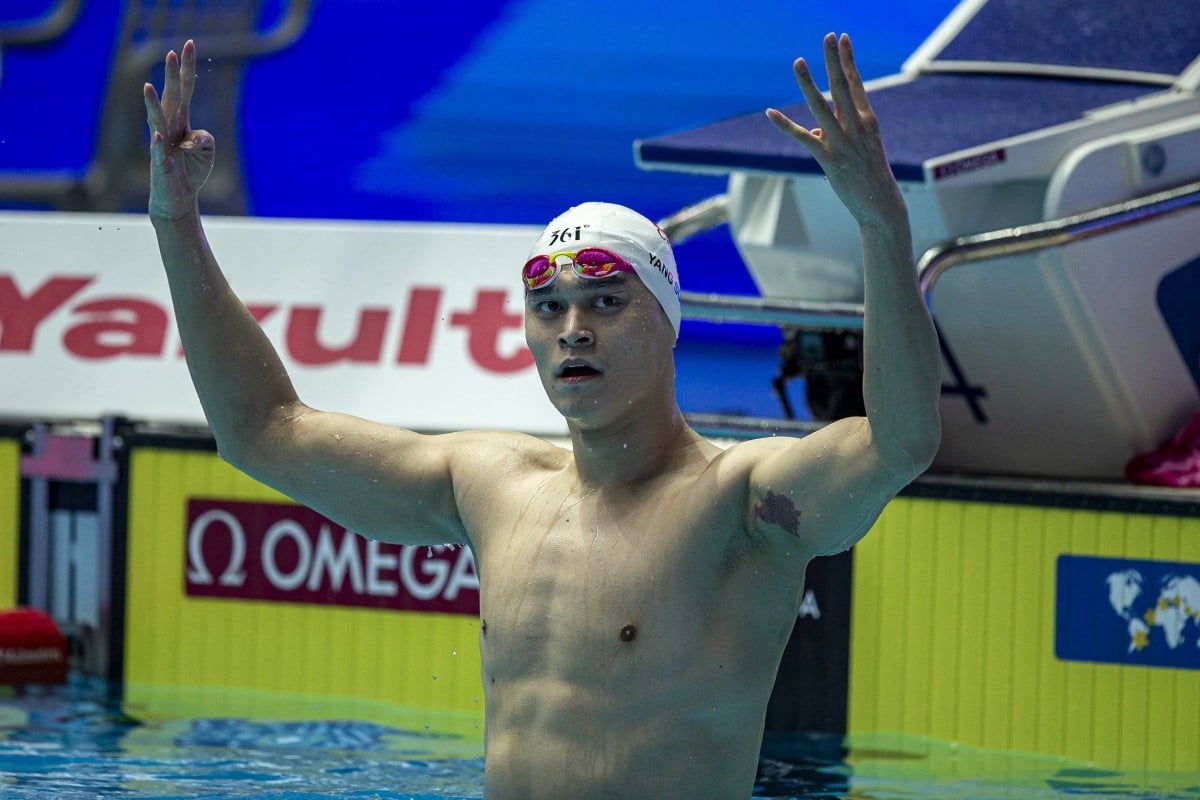
Chinese superstar swimmer Sun Yang paid for the “huge risk” he took in the controversial out-of-competition doping test that led to him being banned for eight years by the Court of Arbitration for Sport.
The court on Wednesday published its full report into the case brought by the World Anti-Doping Agency against Sun Yang and swimming governing body Fina, with the 78-page document making for damning reading, highlighting a number of attempts to intimidate witnesses and leaks to the media.
The report is highly critical of Sun and his team for their actions from the out-of-competition test at his home in Hangzhou in September 2018 that took “a severe turn” through to the end of the CAS hearing last November.
On the night in question, Sun gave a blood sample before taking issue with the credentials of the testing team and refused to provide a urine sample. Sun, with the backing of his entourage, then ripped up his signed consent form and assisted a security guard in smashing a blood vial with a hammer.
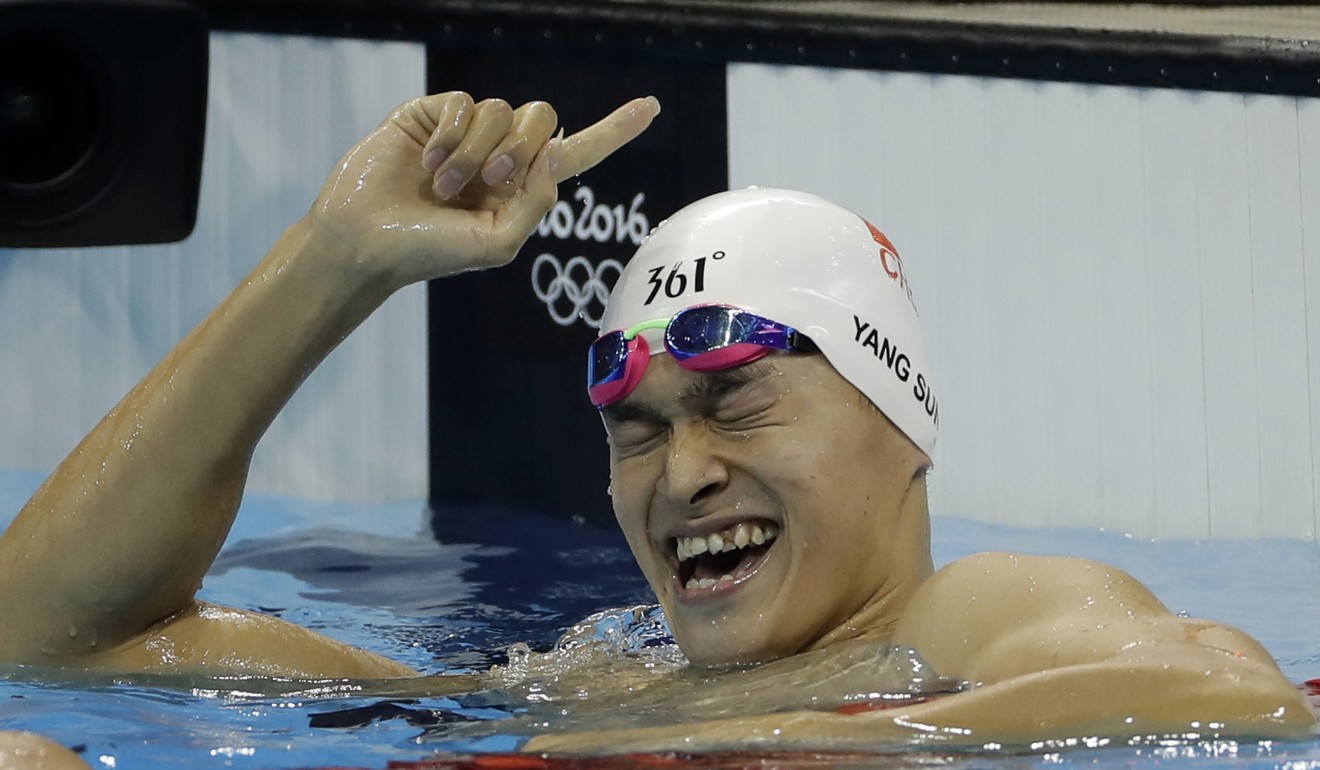
The panel said that Sun “being a person experienced with anti-doping controls as he has participated in literally hundreds of them, must have realised that he was taking a huge risk by withdrawing a consent he had already given to cooperate in the blood sample collection session”.
“It was striking that, in the course of his testimony, at no point did the athlete express any regret as to his actions, or indicate that, with the benefit of hindsight, it might have been preferable for him to have acted differently.
“Rather, as the proceedings unfolded, he dug his heels in and, eventually, sought to blame others for the manifest failings that occurred. At no point, in the appreciation of the panel, did he confront the possibility that he might have overreacted in his actions.”
The CAS panel also noted that Sun “sought to take matters into his own hands” by bringing a new unknown translator from the public gallery.
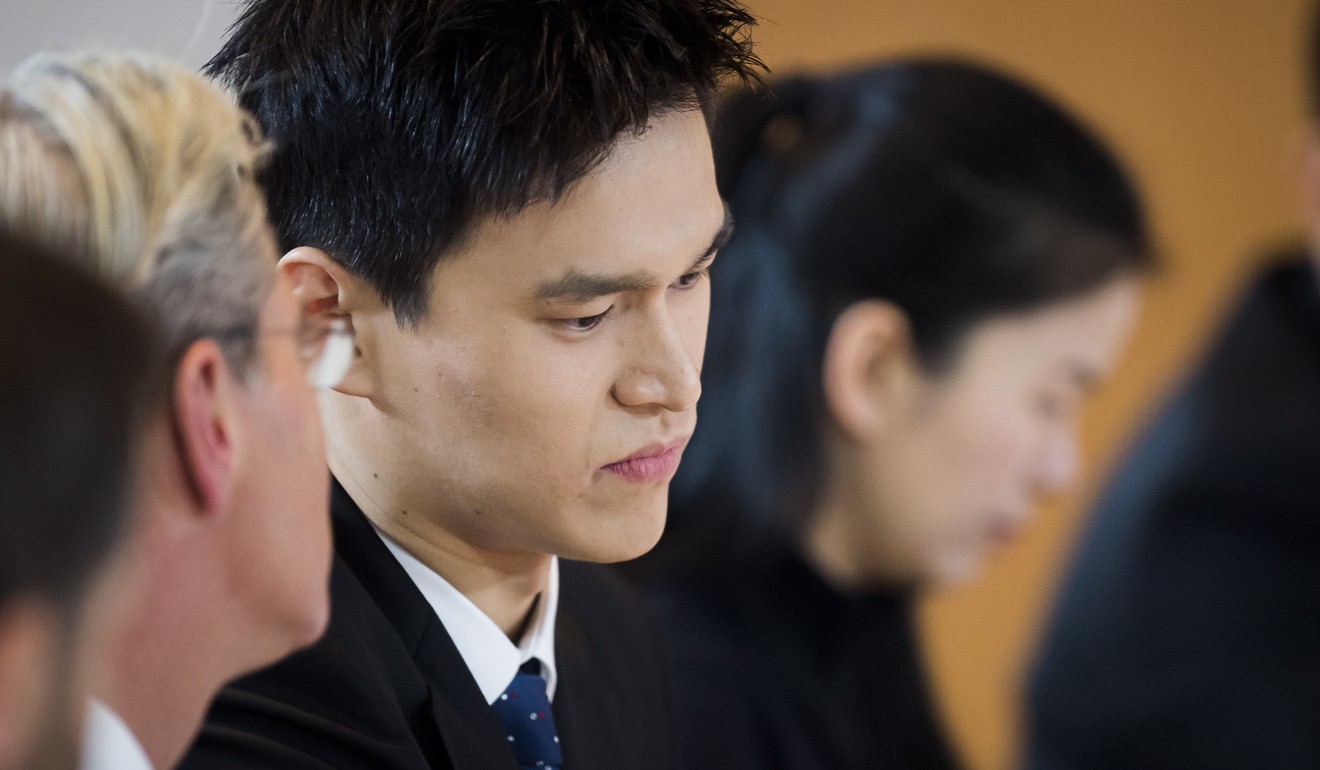
“He did not seem to deem it necessary to seek the permission of the panel, or to otherwise act in a manner which suggested that he respected the authority of others, or of established procedures,” they found.
“The athlete is a world-class athlete, with an impressive list of sporting achievements; he is not, however, above the law or legal process,” it noted in its conclusion.
“The actions of the athlete were wholly inappropriate. There was no justification, whether compelling or otherwise, for him to act as he did.”
Even more damning perhaps are the number of instances where attempts were made to intimidate witnesses over several months.
The CAS panel agreed to hear Sun’s testimony in a confidential location in China because of their concerns about travelling to Lausanne.
Sun denied responsibility for one instance but admitted that his mother, Ming Yang, had contacted and approached the blood collection assistant (BCA) and the doping control assistant (DCA) in order to “gather information about the case and seek assistance from them”.
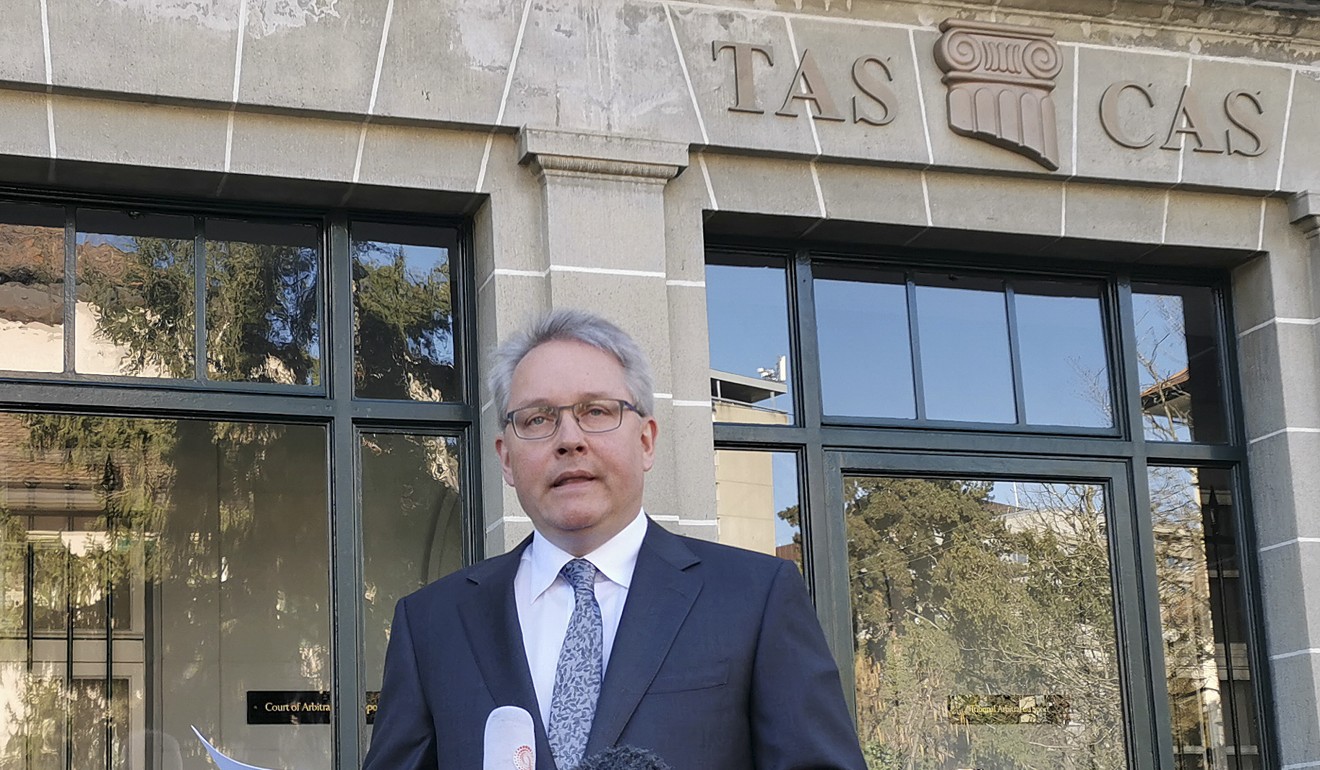
Wada requested no further contact between Sun’s team and the sample collection team in June, after the doping control officer (DCO) and the BCA were “concerned for their physical and economic well-being, and for the well-being of their family members”.
The witnesses were “fearful that, if they would agree to testify in this proceeding, they would suffer significant retaliation in some form from the [athlete] and/or his entourage and supporters”.
The reports of harassment carried on even after the hearing. On December 5 last year Wada complained that “a video recorded by the athlete’s mother had been publicly released that depicted the DCO and BCA, an action that could only have been done by the athlete or someone on his behalf”.
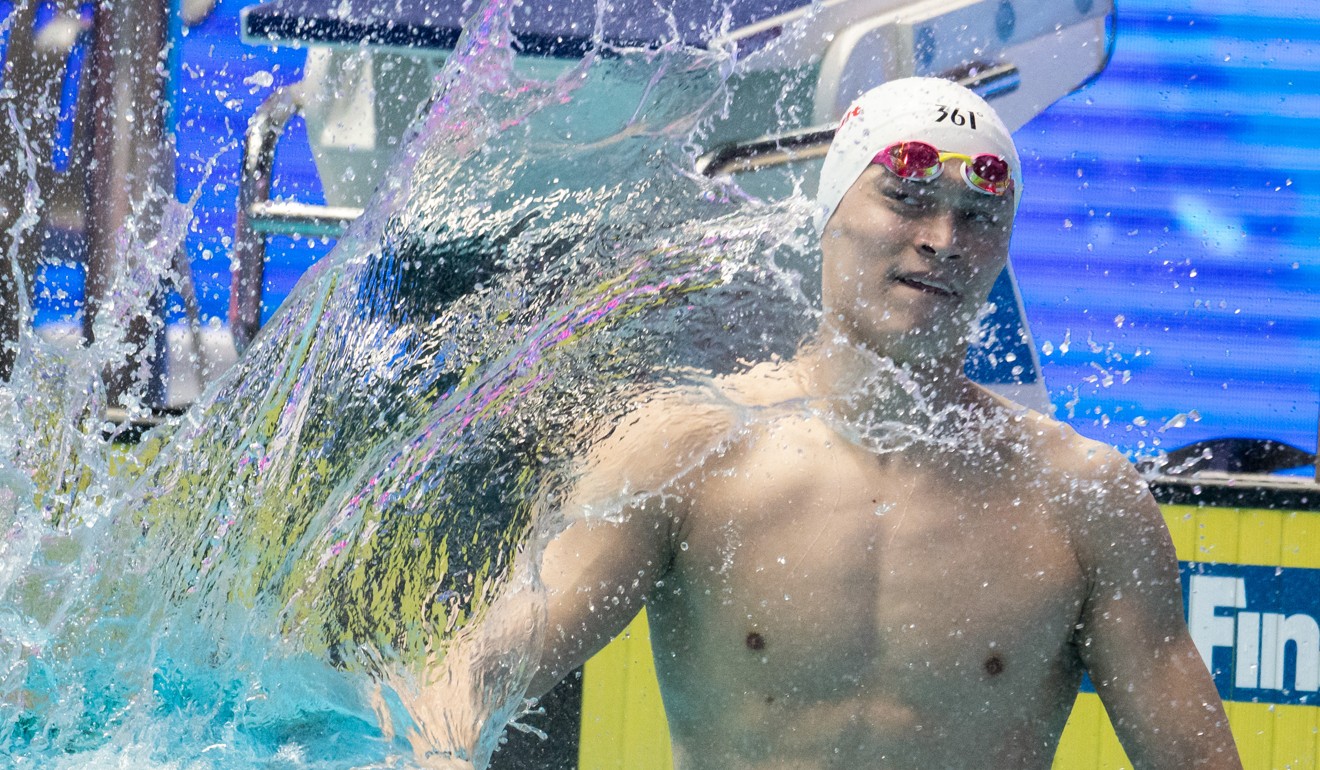
Later that month, Wada complained that Sun had “committed an act of intimidation and retaliation against the DCO on social media”, which he denied.
The DCO, the panel noted, also provided conflicting testimony of their eligibility to be a DCO more than 12 months after the test. The panel deferred to a signed statement confirming they had been trained, dated more than seven months before Sun’s test.
“It confirms that the DCA received proper training from the DCO,” the report said. “The mere fact that the DCA may be a construction worker in his daily life does not make this any different.”
Aside from the criticism of Sun’s attempts to shift the blame to his own support team and the doping control team, the report confirms that Sun’s team “took the lead” on appointing the translator used at the start of the hearing.
That translation was so problematic that the hearing was halted as all parties agreed to a new translator, employing a native Chinese speaker from the Wada team, and the CAS panel noted that “it was extremely disappointed with the quality of the translation and interpretation”.
The report also lists a number of procedural challenges from Sun and Fina ahead of the hearing, all of which were denied. These included the same challenges over a conflict of interest for Richard Young, formerly of Fina, and the timely filing of the appeal by Wada – all of which were also dismissed by the Swiss Federal Tribunal (SFT).
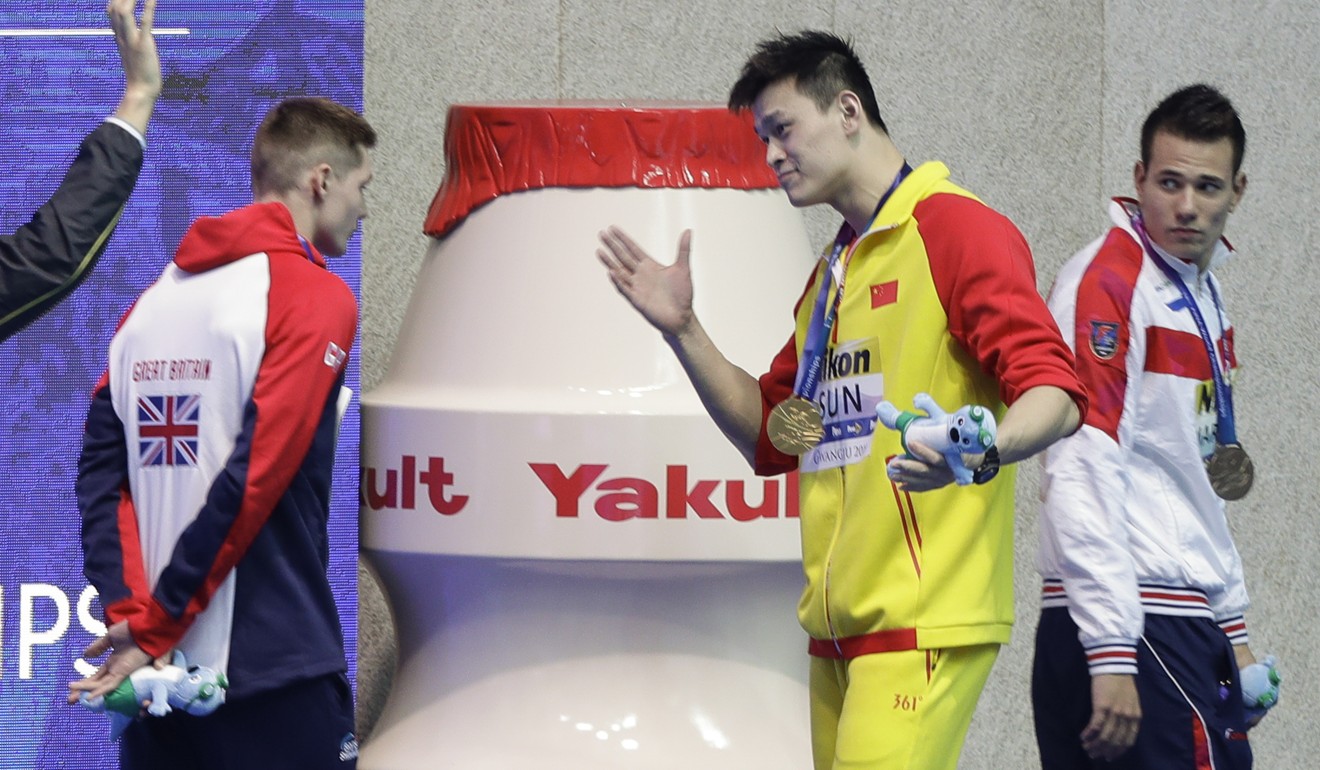
This does not bode well for Sun’s hopes of appealing the CAS verdict at the SFT as any challenge is limited to procedural issues. There had been an earlier translation issue over the English version of two emails from the DCA to Fina, with Sun providing a different version to Fina.
The hearing was delayed from August 2019 over a medical emergency for Young, Wada’s lawyer. Fina did not object to the movement of the trial so long as the verdict was issued before the start of the Tokyo Olympic Games, starting on July 24, 2020.
While Sun will miss the Games because of his eight-year ban, it was notable that CAS thought Wada’s demand that he also be disqualified from all races he competed in from September 4, 2018, was too harsh.







